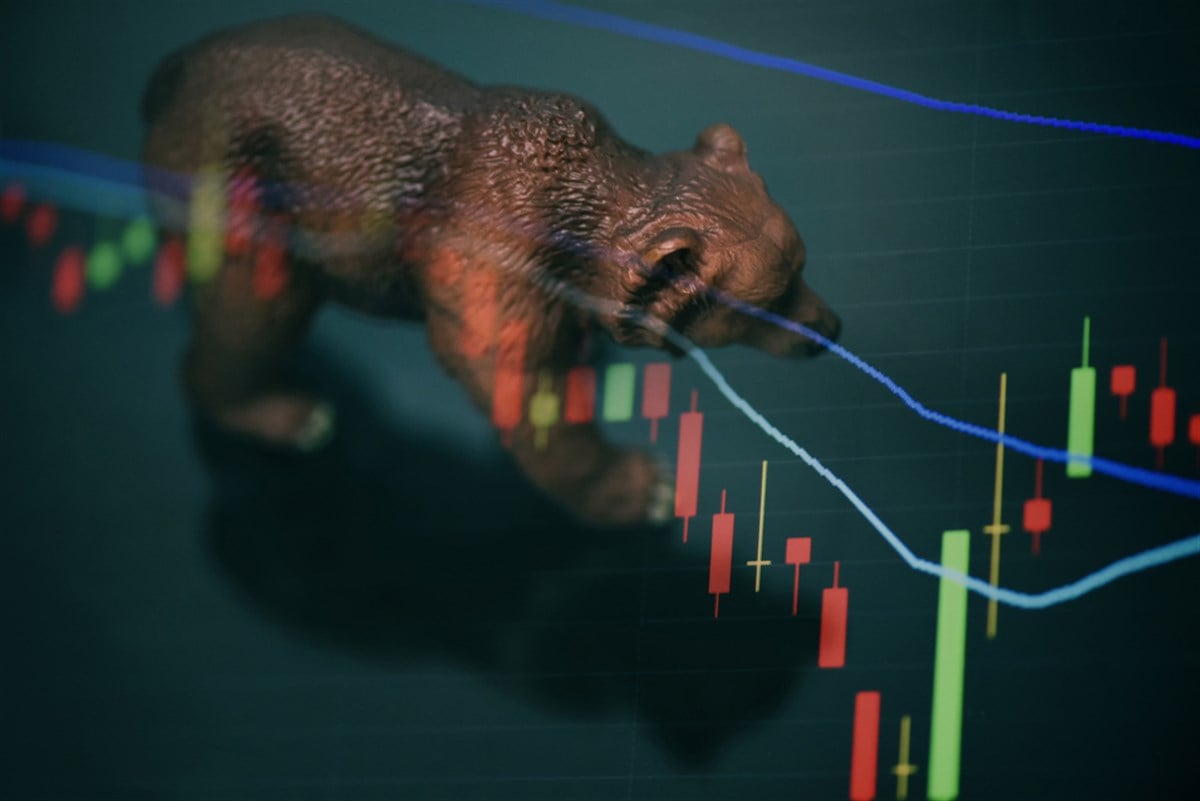
There’s reason to think some short sellers may be misjudging the market this time. The market is behaving as if inflation could re-emerge in the U.S. economy, favoring certain sectors like energy.
Recently, bears targeted the First Trust Enhanced Short Maturity ETF (NASDAQ: FTSM), betting on bonds that conflict with the current steepening yield curve. Similarly, there’s a short bet against the iShares MSCI Global Gold Miners ETF (NASDAQ: RING) despite gold’s strong momentum. Lastly, shorting the iShares MSCI Emerging Markets Asia ETF (NASDAQ: EEMA) goes against recent bullish moves by some top Wall Street investors.
However, new short positions in these three ETFs might give investors an opportunity to take the opposing (and potentially profitable) stance.
A Steepening Yield Curve Puts Bond Shorts at Risk
Now that inflation is making its way back into the economy, the yield curve will be one indicator that investors need to watch out for. The yield curve is made up of the 10-year bond yields minus the two-year bond yields, and a steepening curve means that 10-year yields rise faster than the two-year yields.
In some cases, the two-year yields fall altogether. Still, the overall conclusion is that going against the short-term bonds might not be the best strategy. As yields move opposite to bond prices, knowing that the less bearish path will be seen in the short-term bonds, these bears apparently made the wrong bet.
Retail investors should look into selling long-term bonds, which have proven to be the most profitable bond trades, judging from the price action in the iShares 20+ Year Treasury Bond (NASDAQ: TLT) and the iShares 7-10 Year Treasury Bond ETF (NASDAQ: IEF) as they sold off together in the past month.
Not only will investors have a better chance at protecting their capital in the steepening yield curve trend, but they could also lock in the 5% dividend yield being paid in the First Trust Enhanced Short Maturity ETF today. The fact that these dividends are so high today confirms that the market expects a new inflation run to make its way back.
Bears Betting Against Gold During Inflation Made a Costly Error
Stanley Druckenmiller and Paul Tudor Jones, some of Wall Street’s best traders and fund managers, recently expressed their economic views. These two share the same view that inflation is going to come back, which calls for commodity prices to make new highs in the coming months.
Gold and energy stocks are included in this basket, which is why Warren Buffett bought up to 29% of Occidental Petroleum Co. (NYSE: OXY) and why central banks in China and other nations have stockpiled their physical gold reserves. Knowing this, short sellers betting against this gold miner ETF might see some pain in the coming months.
Analysts at Goldman Sachs now see gold prices reaching a high of $3,000 an ounce this year. However, considering their price targets were only $2,500 a few months ago, these targets might soon be met and then adjusted higher once again, especially if the U.S. experiences the type of inflation that bonds are implying today.
There’s a reason Wall Street analysts have a consensus rating on this ETF for $38.6 a share, which means a 20% rally from where it trades today. More than that, institutional buyers agree that these bears are wrong, so those at the Municipal Employees Retirement System boosted their holdings recently to $82.1 million today.
Why Shorting Asia Could Backfire
Recently, David Tepper and Michael Burry have made Alibaba Group (NYSE: BABA) their largest holding, and the overall sentiment for Chinese stocks is beginning to change despite their multi-year flattish performance. If inflation comes back as the market suggests, overseas stocks will do well compared to most other assets.
Because of this, the short sellers who bet against this Asian emerging market ETF will probably see some pain in the coming months. As of today, analysts have a consensus price target set on the ETF of $116.2, which implies that the index needs to rally by as much as 51.1% from where it trades today.
When breaking down the top holdings in the ETF, investors will find that Taiwan Semiconductor Manufacturing Co. (NYSE: TSM) is at the top of the list. This name is fundamentally set up to deliver double-digit upside to investors through its exposure to the secular demand trends found in the semiconductor industry.














